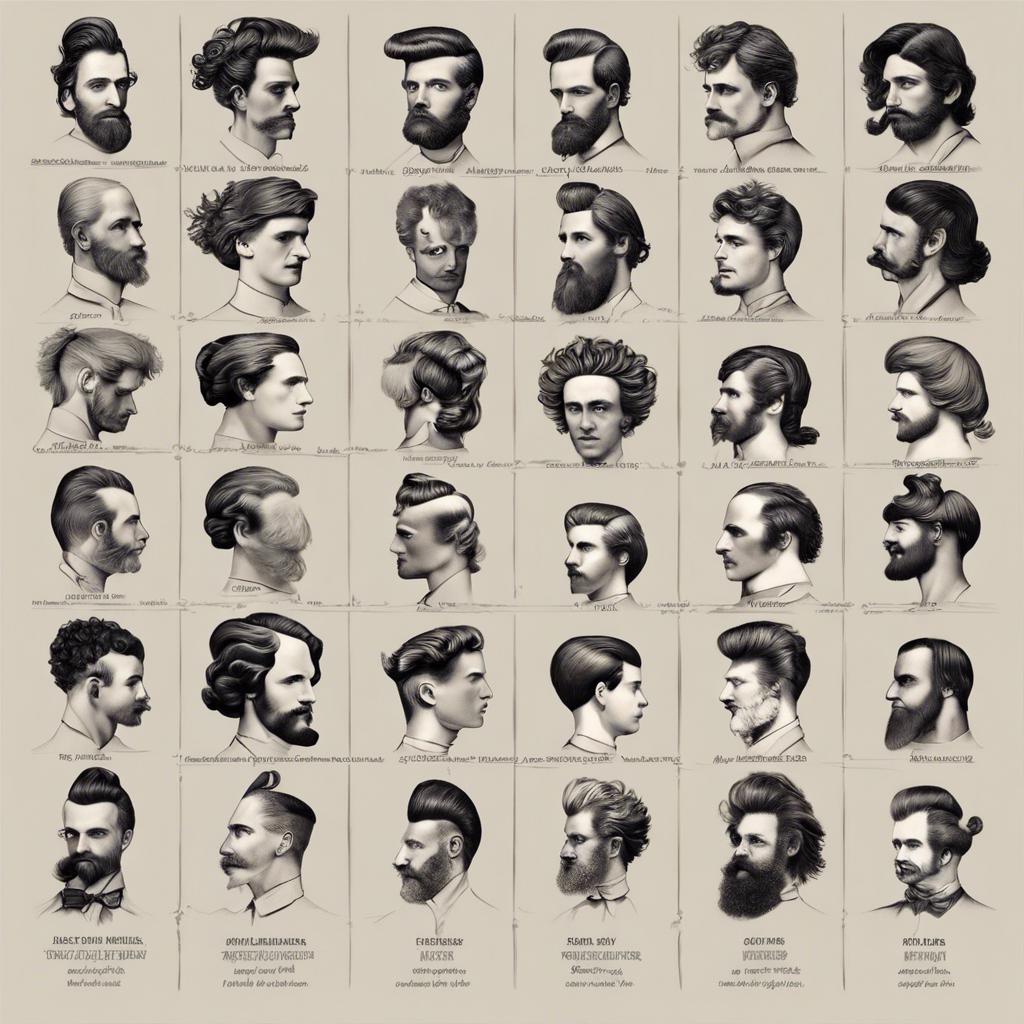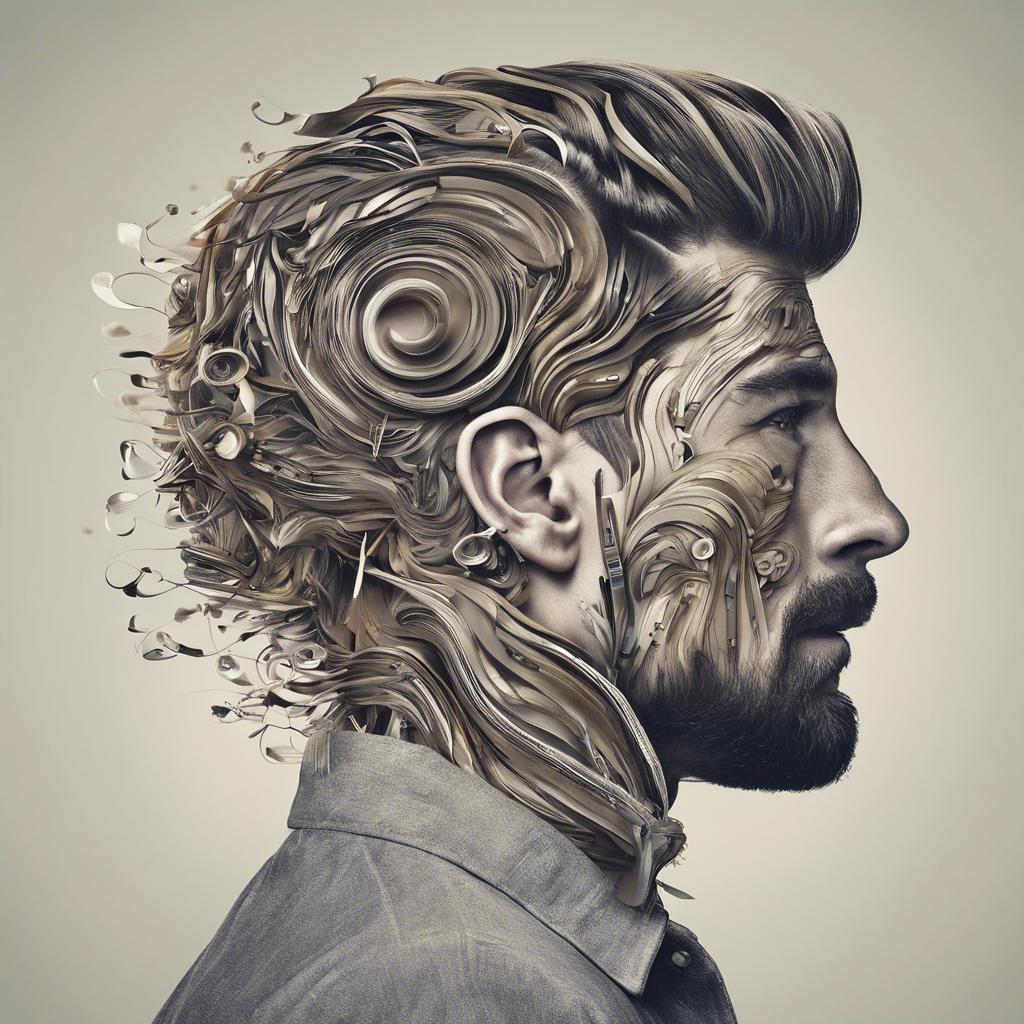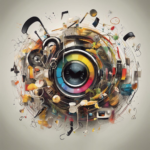Throughout history, men’s hairstyles have often been symbolic of status, power, and masculinity. From ancient civilizations to modern day trends, the evolution of men’s hairstyles has been a fascinating reflection of cultural norms and societal values. In this article, we will delve into the rich history of men’s hairstyles, exploring the significance of various cuts, styles, and trends that have shaped the way men present themselves to the world. Join us on a journey through time as we uncover the intricate and diverse world of men’s hair fashion.
Step Into the World of Cheryl Bolen
Dive into the enchanting stories of love, intrigue, and elegance set in the Regency Era. Cheryl Bolen's novels offer timeless romance and captivating tales that will leave you wanting more.
Explore Cheryl Bolen's Books Now
Evolution of Mens Hairstyles Through History
Throughout history, men’s hairstyles have gone through various changes and trends that reflect the cultural norms and values of different time periods. From ancient civilizations to modern times, the evolution of men’s hairstyles tells a fascinating story of fashion, social status, and individual expression.
Ancient Civilizations:
- Ancient Egyptians often shaved their heads and wore elaborate wigs made of human hair or sheep’s wool.
- Ancient Greeks styled their hair in intricate curls and often adorned it with laurel wreaths or gold ornaments.
- During the Roman Empire, men sported short hair with clean-shaven faces, reflecting a clean and disciplined appearance.
Medieval and Renaissance Period:
- In the Middle Ages, long hair was a sign of nobility, with knights wearing their hair long and flowing.
- The Renaissance saw men wearing their hair in elaborate styles, often adorned with feathers, jewels, or intricate braids.
- By the 18th century, powdered wigs became fashionable among European aristocrats, symbolizing wealth and status.
Understanding Face Shapes: Choosing the Right Hairstyle
In ancient civilizations, such as ancient Egypt and Greece, men often styled their hair according to their face shape. Understanding face shapes was crucial in choosing the right hairstyle to enhance one’s features and overall appearance. The right hairstyle could signify social status, masculinity, or even religious beliefs.
Men with a square face shape, characterized by strong, angular jawlines and a broad forehead, were often admired for their masculinity and strength. To complement this face shape, hairstyles that soften the sharp angles, such as layered cuts or side-swept bangs, were popular choices. These styles helped to balance the sharp features of the square face shape and add a touch of sophistication.
On the other hand, men with a round face shape, characterized by soft, curved lines and a lack of angular features, often sought hairstyles that would create the illusion of more defined facial structure. Opting for hairstyles with volume on top, such as pompadours or quiffs, helped to elongate the face and add dimension. By understanding their face shape and choosing the right hairstyle, men in ancient times were able to showcase their best features and make a lasting impression.
| Face Shape | Recommended Hairstyle |
|---|---|
| Square | Layered cuts or side-swept bangs |
| Round | Pompadours or quiffs |
Hair Care Routine for Men: Tips and Products
In ancient civilizations, men have always paid close attention to their hairstyles, considering it a reflection of their social status and personality. Men in ancient Egypt, for example, would frequently use oils and waxes made from natural ingredients like beeswax and olive oil to keep their hair well-groomed and shiny. A popular style among men in Ancient Greece was the “Helmet Haircut”, where the hair was cut short all around the head to resemble the shape of a helmet.
Throughout history, men’s hairstyles have evolved to reflect the trends and cultural influences of their time. During the Renaissance period, men in Europe often wore elaborate wigs and used pomades made from animal fat to style their hair in intricate designs. In the 1920s, the “slicked-back” hairstyle became popular among men in the United States, inspired by the iconic look of Hollywood heartthrobs like Clark Gable and Cary Grant.
Today, modern men have a wide range of hair care products and tools at their disposal to achieve the perfect hairstyle. From pomades and waxes to styling gels and mousses, there are endless options to help men achieve the look they desire. With the right products and a consistent hair care routine, men can keep their hair looking healthy, well-groomed, and stylish for any occasion.
The Modern Gentlemens Guide to Stylish Haircuts
Throughout history, men’s hairstyles have evolved to reflect societal norms, cultural trends, and individual style. From the clean-cut looks of the 1950s to the wild and free styles of the 1970s, the way men wear their hair has always been a form of self-expression. Today, modern gentlemen are embracing a variety of stylish haircuts that blend traditional sophistication with contemporary flair.
When it comes to choosing the perfect haircut, it’s essential to consider your facial features, hair texture, and personal style. Whether you prefer a classic taper, a trendy fade, or a bold undercut, there are endless options to suit every man’s taste. Experimenting with different lengths, shapes, and finishes can help you find the hairstyle that best complements your overall look.
For the modern gentleman who is always on the go, a low-maintenance haircut that is easy to style and maintain is key. Consider opting for a timeless crew cut, a versatile buzz cut, or a stylish textured crop. These classic yet contemporary hairstyles require minimal upkeep and can effortlessly take you from the office to a night out on the town. Embrace your individuality and let your haircut be a reflection of your unique personality.
To Wrap It Up
the history of men’s hairstyles is a fascinating journey through time, reflecting shifts in societal norms, cultural influences, and personal expression. From the elaborate wigs of the 18th century to the rebellious styles of the 1960s, hair has always been a powerful form of self-expression for men. As we continue to evolve and redefine masculinity, it is clear that the art of hairstyling will always play a significant role in shaping our identity and culture. Let us embrace the diverse and evolving world of men’s hairstyles with an appreciation for the rich history that has brought us to where we are today.


